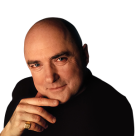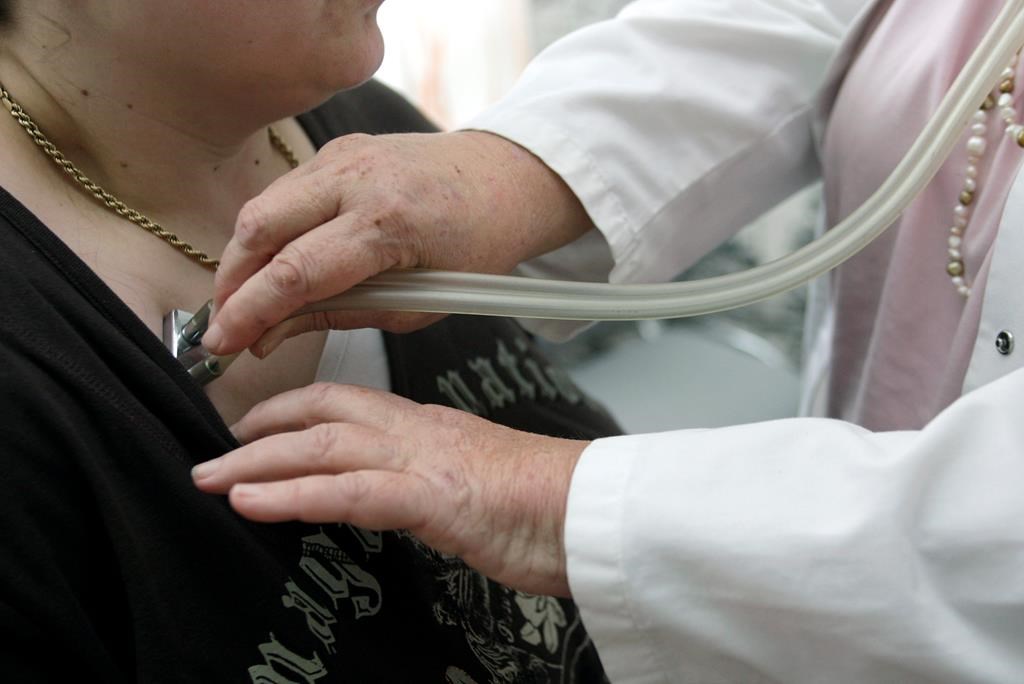On Oct. 24, 2000, I was roughly on my family’s schedule for a fatal encounter with heart disease as foretold by the deaths of my father at age 40 and his brother at 42.

Neither raging war at a place called Dunkirk, nor patrolling of the skies during the Battle of Britain, were able to duplicate what genetics had in store.
My father had spoken of chest pain for some days. He had visited our family doctor, but in the early 1960s, there was little available to either accurately diagnose, or forestall the then inevitable.
I was fortunate. Yes, there had been significant chest pain, but unlike the experiences of my father and uncle, my chest pain had led to extensive and thorough coronary testing, revealing the likelihood of “a blockage high up,” according to my cardiologist.
Twenty years ago this Saturday, I checked into Hamilton General Hospital for a scheduled angiogram. A dye was injected into arteries so a specialist could identify the location and threat level of any arterial blockage or blockages.
My heart’s left anterior descending artery (LAD) was 99 per cent blocked. In non-medical terminology, I was living with the “widowmaker.”

Dr. Doug Holder told me that he needed to act fast.
“Roy, I need to do an angioplasty (inserting a balloon into the artery and pushing aside built up and blocking plaque) and insert a stent (a metal cylinder which keeps the artery extended at the blockage location) and right now,” he told me. “Do I have your permission?”
I had no sense of time passing but remember feeling confident.
The morning after, I was on my way home. And gingerly, with my LAD experiencing, for the first time in a likely long time, normal blood flow.
There was a period of time I was observed for any restenosis, but that didn’t happen. Three months later I found myself playing golf with friends in Florida.
Dr. Holder, now professor emeritus at McMaster University will be joining me on air on Saturday to more accurately share what happened in my case.
But more importantly, he will remind all in Canada who may be experiencing any number of physical signals of declining health or a health emergency to seek help immediately. And especially during this pandemic.
As days, weeks and months of the coronavirus pandemic have passed, we have increasingly heard that Canadians, fearful of COVID-19, have been refusing to seek not only diagnoses for alarming symptoms but have also been refusing to agree to medical intervention.

After my initial chest pains, I acted similarly. Denial became reality, even as symptoms increasingly worsened.
I know that 20 years ago, I was uncomfortably close to perhaps following my father and uncle as a victim of family genetics. I also know my decision to seek medical assistance restored my health and kept me alive.
If you, during this pandemic time, are experiencing symptoms of any health concern, do not ignore them. Do not talk yourself into denial. Please seek help. For yourself and for your family.
Roy Green is the host of the Roy Green Show on the Global News Radio network.
Listen to the latest from the Roy Green Show
Subscribe to the Roy Green Show Podcast now at Apple Podcast or Google Play
- ‘Shock and disbelief’ after Manitoba school trustee’s Indigenous comments
- Canadian man dies during Texas Ironman event. His widow wants answers as to why
- Several baby products have been recalled by Health Canada. Here’s the list
- ‘Sciatica was gone’: hospital performs robot-assisted spinal surgery in Canadian first








Comments